Optimal Timing for Wood Furniture Restorations
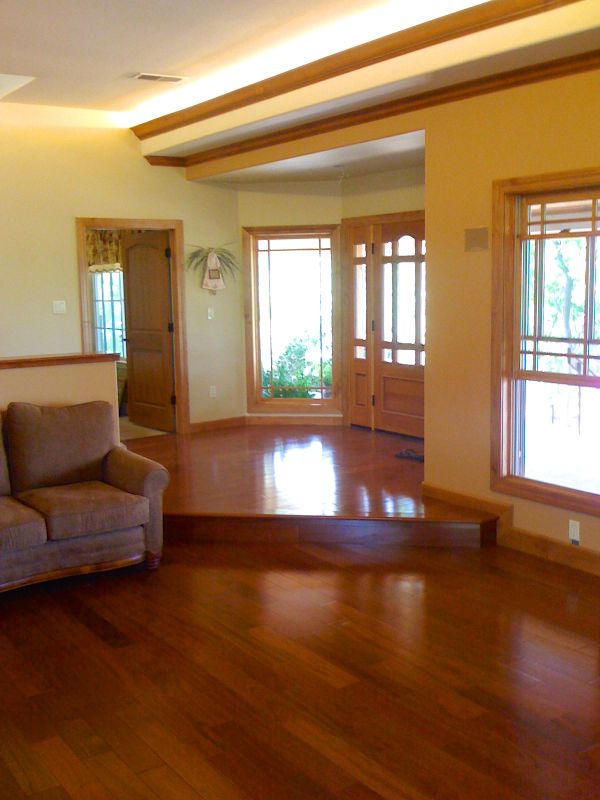
Spring offers moderate humidity and temperature, ideal for wood restoration projects.
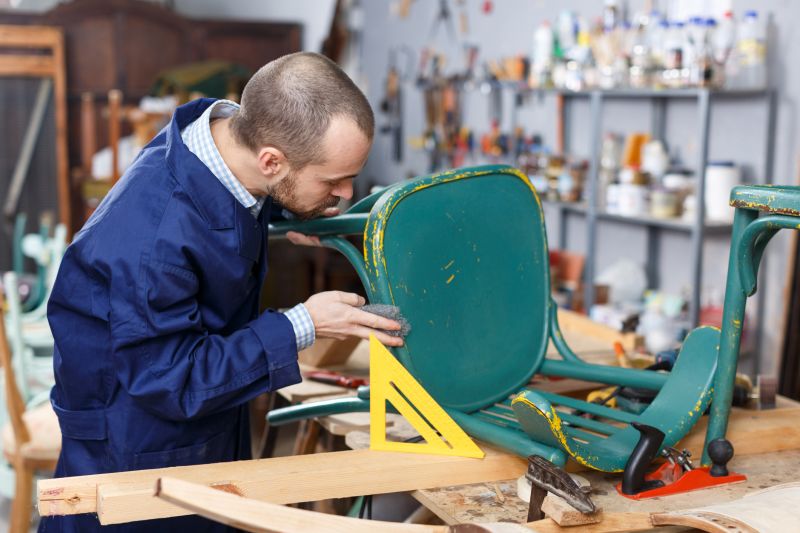
Warmer months facilitate drying and curing processes, making summer suitable for restorations.
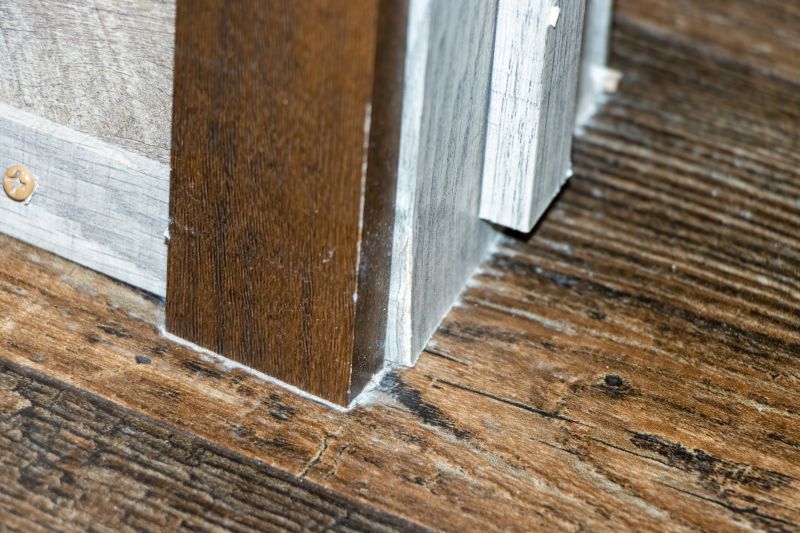
Lower humidity levels in fall and winter can affect wood expansion and contraction, impacting restoration quality.
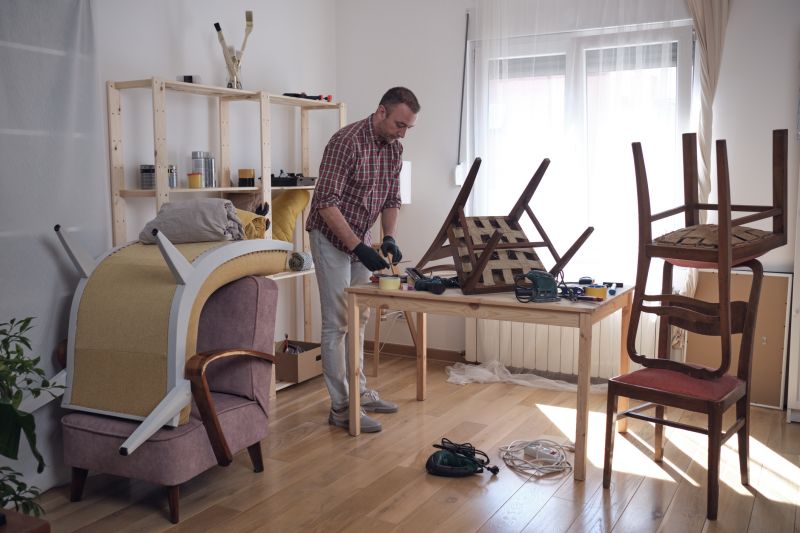
Ways to make Wood Furniture Restorations work in tight or awkward layouts.
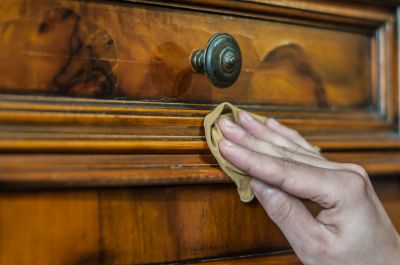
Popular materials for Wood Furniture Restorations and why they hold up over time.

Simple add-ons that improve Wood Furniture Restorations without blowing the budget.
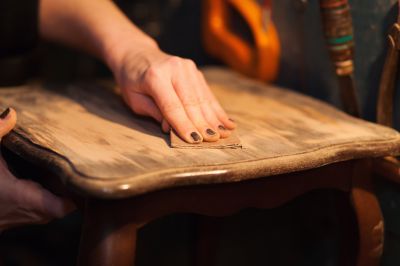
High-end options that actually feel worth it for Wood Furniture Restorations.
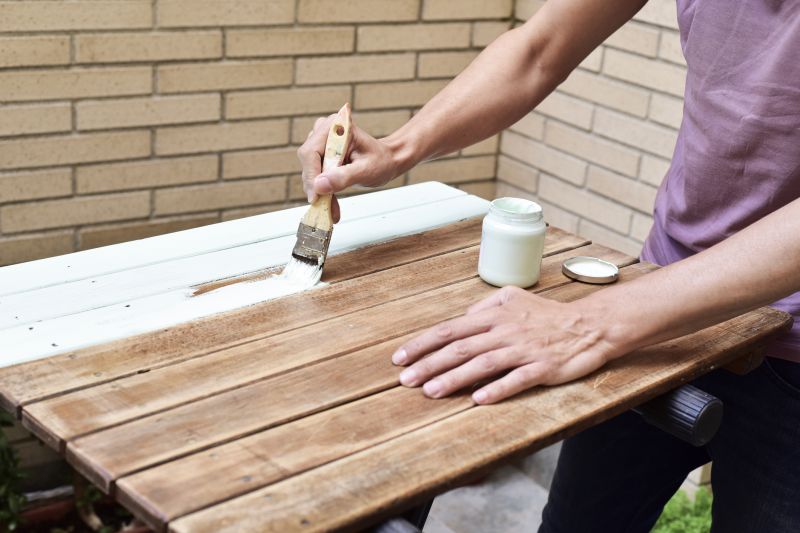
Finishes and colors that play nicely with Wood Furniture Restorations.
Wood furniture restorations are most effective during periods with stable environmental conditions. Fluctuations in humidity and temperature can cause wood to expand or contract, potentially leading to cracks, warping, or finish issues. Optimal timing ensures the longevity and quality of the restoration work.
High humidity can cause swelling, while dry conditions may lead to cracking, making timing crucial for successful restoration.
The duration of restoration varies depending on the season, with warmer, stable conditions typically accelerating drying and curing.
Certain finishes and adhesives perform better when applied in suitable environmental conditions, influencing the best restoration timing.
Timing restorations appropriately helps maintain the structural integrity and appearance of wood furniture over time.
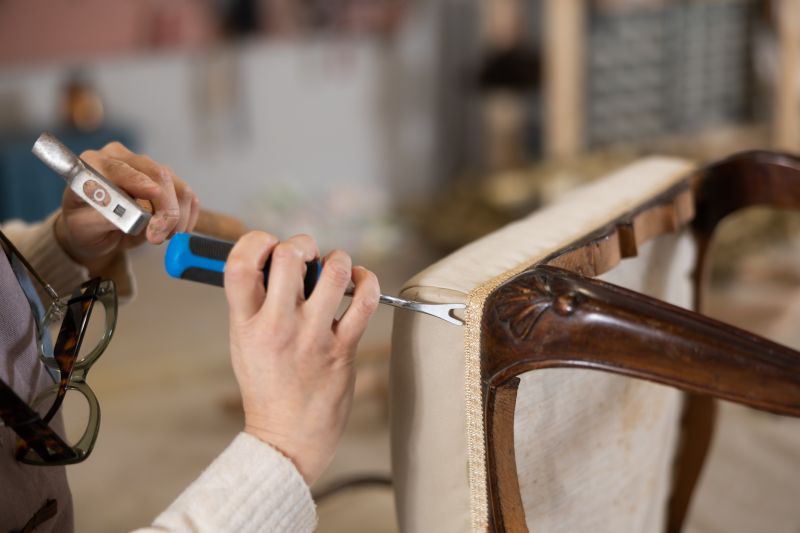
A professional restoration process underway, highlighting careful attention to detail.

A beautifully restored piece demonstrating the impact of proper timing and technique.
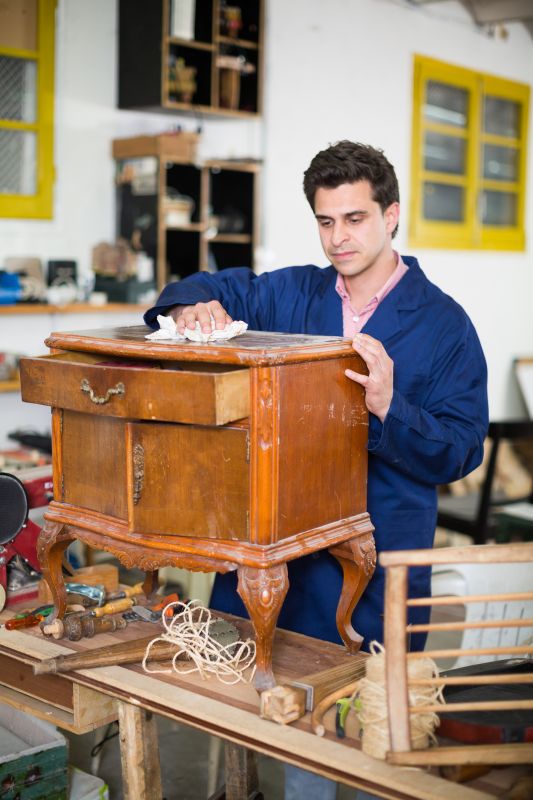
Specialized tools essential for precise and effective wood restoration.

Detail shot showcasing the quality of finish after restoration.
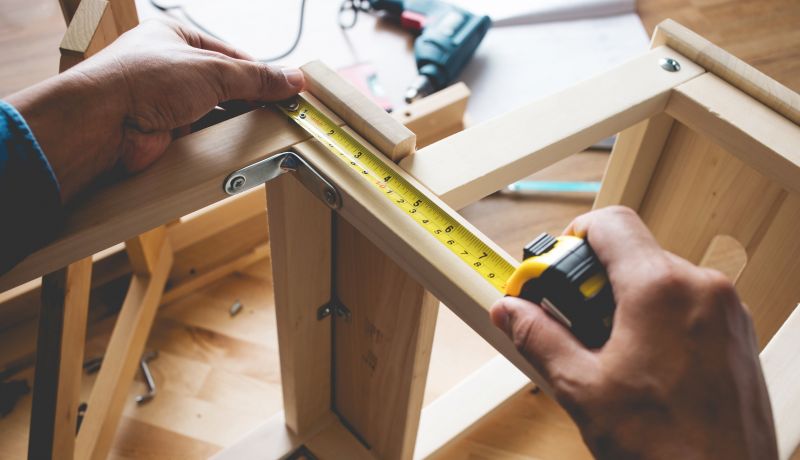
Little measurements that prevent headaches on Wood Furniture Restorations day.
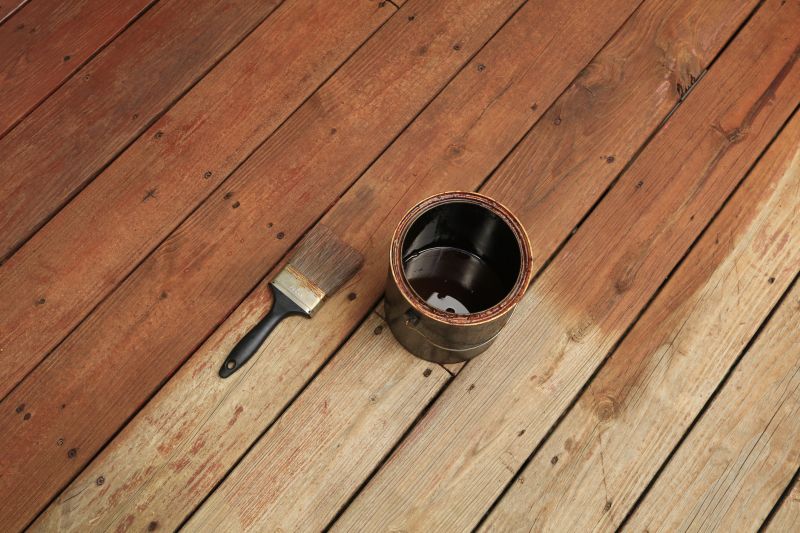
A 60-second routine that keeps Wood Furniture Restorations looking new.
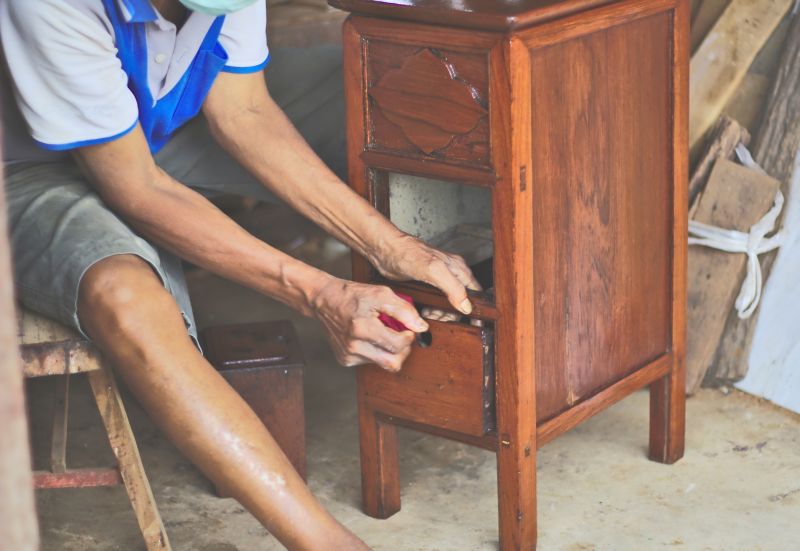
A frequent mistake in Wood Furniture Restorations and how to dodge it.
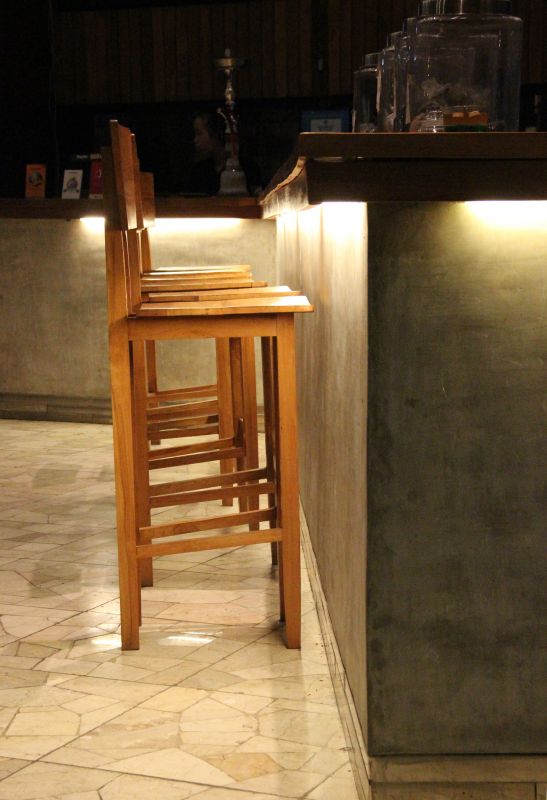
Small tweaks to make Wood Furniture Restorations safer and easier to use.
| Season | Optimal Conditions |
|---|---|
| Spring | Moderate humidity, mild temperatures |
| Summer | Warm, dry conditions suitable for drying |
| Fall | Lower humidity, cooler temperatures |
| Winter | Dry air, potential for cracking if not controlled |
| Late Spring/Early Summer | Ideal for most restoration projects |
Understanding the influence of seasonal changes on wood is vital for planning restorations. Proper timing can prevent common issues such as cracking, warping, and finish failure. Consulting with a restoration professional can help determine the best period based on specific furniture conditions and local climate.

An array of tools used for effective wood furniture restoration.
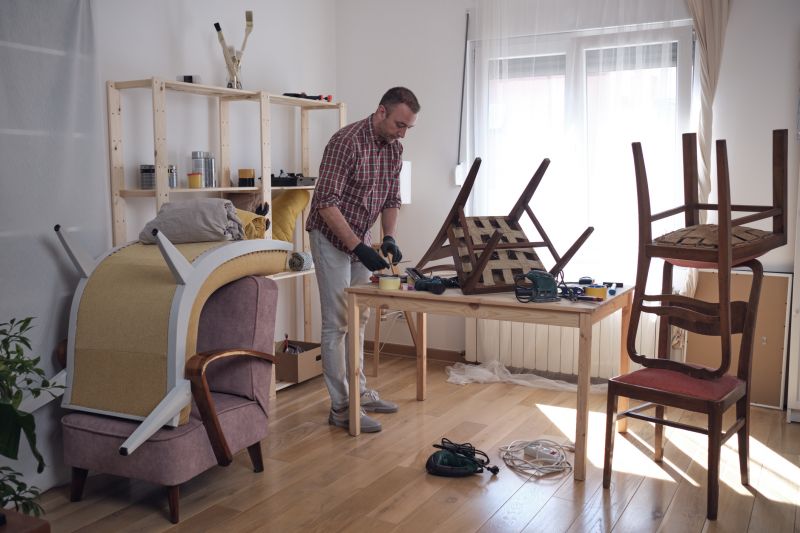
Comparison showing the transformation achieved through proper timing and technique.
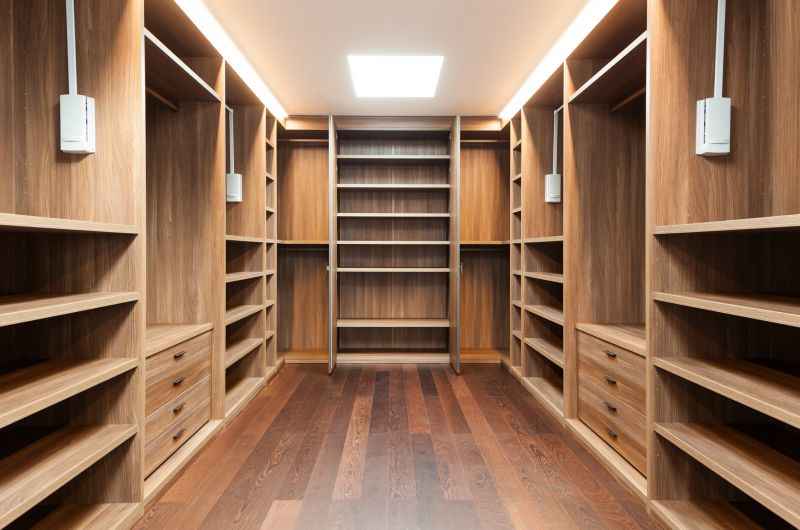
A well-organized workspace dedicated to furniture restoration.
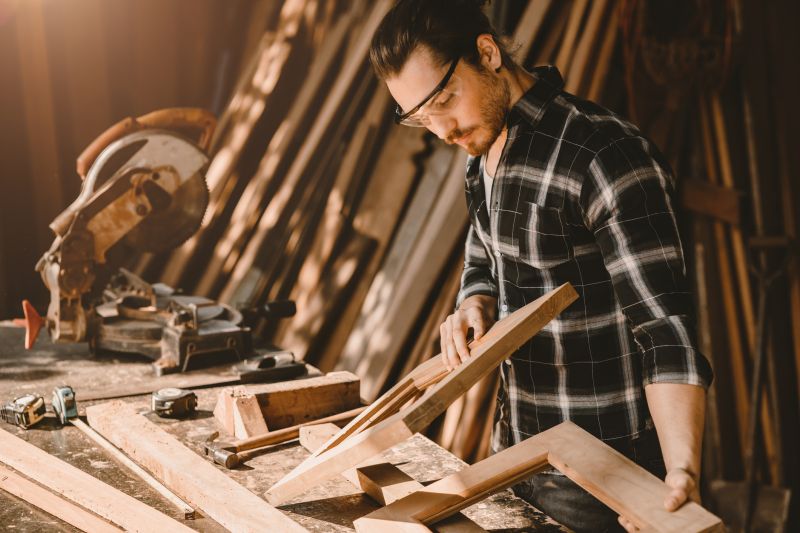
Close-up of fine craftsmanship in restored wood furniture.
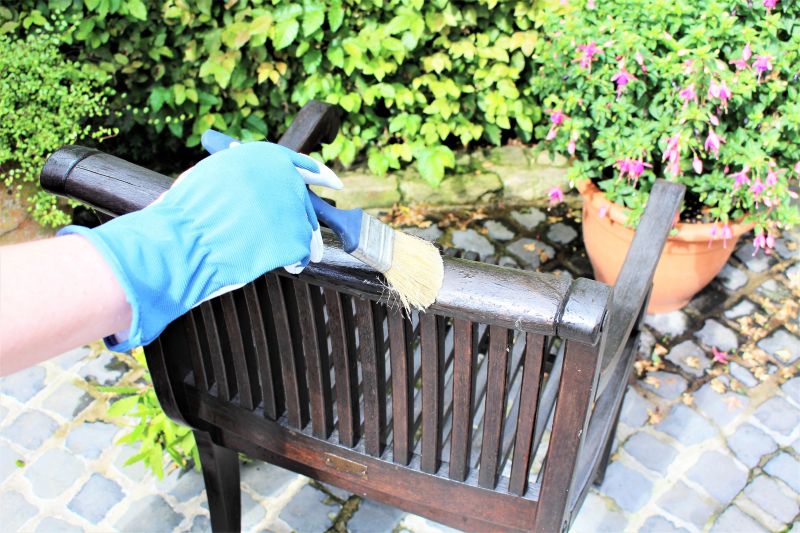
Lower-waste or water-saving choices for Wood Furniture Restorations.
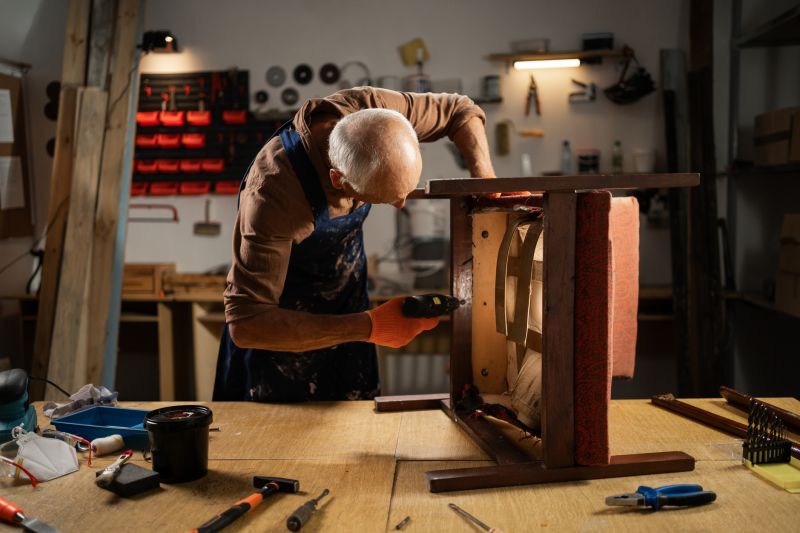
The short, realistic tool list for quality Wood Furniture Restorations.
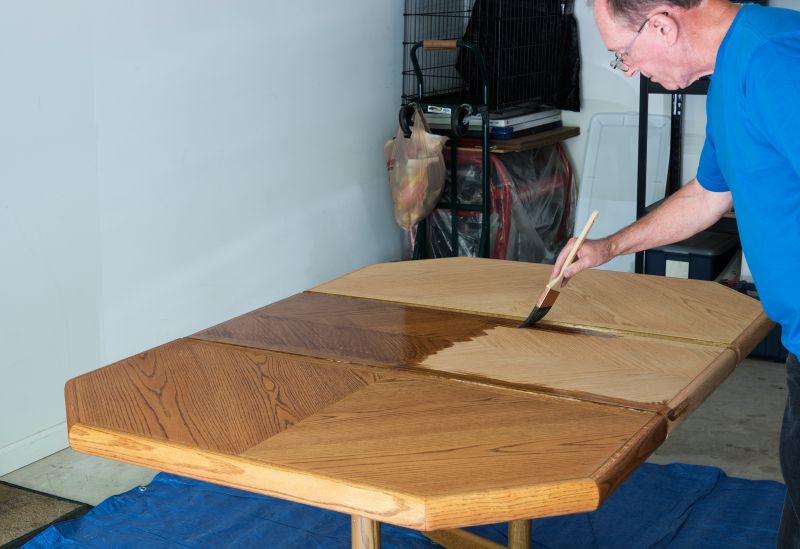
Rough timing from prep to clean-up for Wood Furniture Restorations.
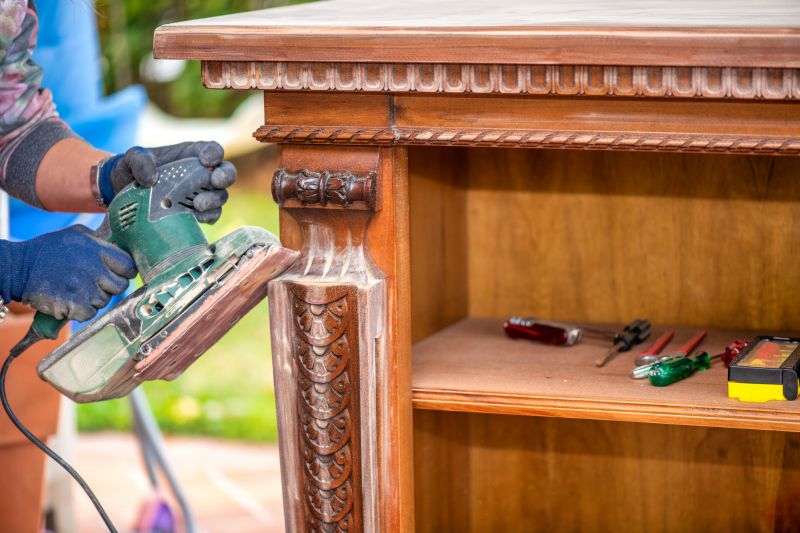
Quick checks and paperwork to keep after Wood Furniture Restorations.
Choosing the right time for wood furniture restoration can significantly influence the durability and appearance of the finished piece. Seasonal considerations, environmental stability, and material compatibility should all be evaluated to ensure optimal results.
Interested in restoring wood furniture? Contact a professional to discuss timing and process options tailored to specific pieces and conditions.



